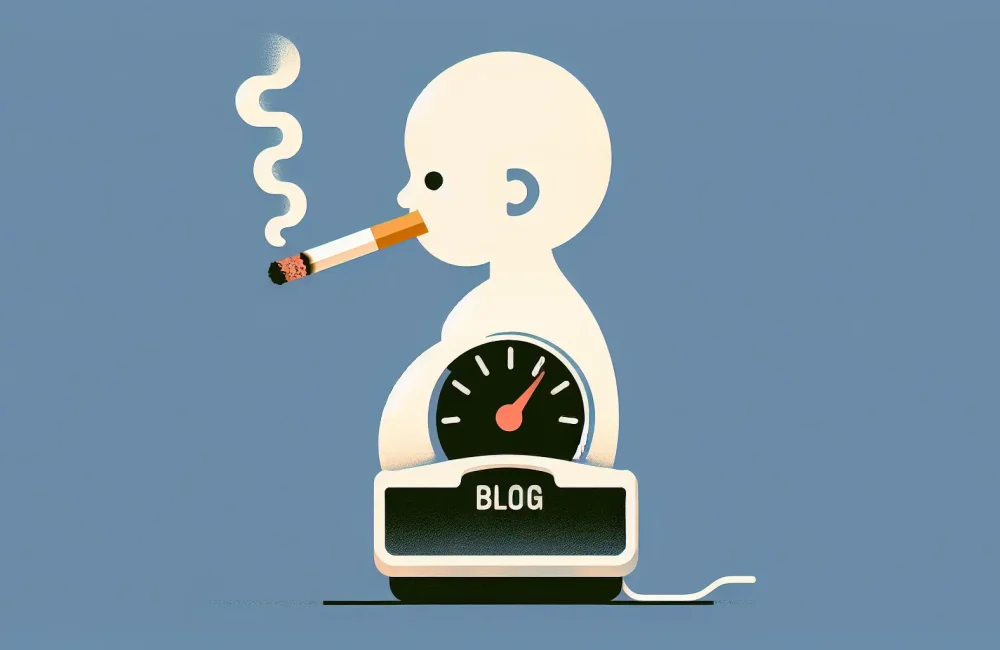By CAFMI AI From JAMA
Economic Impact of Medicaid Prescription Denials
Prescription denial policies within Medicaid programs are designed with the intention to reduce immediate pharmacy expenditures by restricting access to certain medications. However, a recent comprehensive study analyzing Medicaid claims data from multiple states over a five-year period has revealed that these cost-saving measures may ironically lead to higher overall healthcare costs. The study tracked patients who were denied medications compared to those who received their prescriptions as intended. It found that while the Medicaid programs experienced reduced spending on pharmaceuticals initially, this was overshadowed by a significant increase in emergency department visits and hospital admissions among those patients whose prescriptions were denied. These acute care events resulted in higher total medical expenses, suggesting that prescription denial strategies can have unintended negative economic consequences in the longer term. This finding challenges the assumption that restricting medication access necessarily saves money for Medicaid systems, highlighting the complexity of cost management in public health programs.
Clinical Consequences and Patient Outcomes
From a clinical perspective, the denial of prescribed medications disrupts effective treatment of underlying medical conditions, leading to disease progression and complications. The study’s results indicate that patients who experienced prescription denials were more likely to require emergency room services and hospitalizations within one year following the denial event. This higher utilization of acute care reflects the clinical deterioration that occurs when patients cannot access necessary medications. For healthcare professionals, these findings emphasize the importance of ensuring prescription fulfillment to prevent avoidable complications. Furthermore, increased hospital stays not only burden patients but also strain healthcare resources. Clinicians in primary care and specialty practices should be vigilant in monitoring patients’ medication access and advocate for systems that minimize barriers. Understanding this dynamic is particularly relevant for providers in states with restrictive Medicaid policies, as they navigate prescribing decisions and patient counseling to mitigate risks associated with denied medications.
Policy Implications and Recommendations for Clinicians
The study’s conclusions point to the need for policymakers to rethink current prescription denial strategies under Medicaid frameworks. While controlling costs is a valid goal, the evidence suggests that short-term savings achieved by denying medications are offset by increased spending on emergency and inpatient care. Policymakers should consider revising denial criteria, expanding exceptions for essential medications, and improving patient support services to ensure adherence. For clinicians, awareness of these policy impacts is critical. They serve as advocates for their patients by documenting the medical necessity of prescribed drugs and working with Medicaid programs to minimize denials. Additionally, primary care workflows could incorporate routine follow-up for patients at risk of medication denials, facilitating early intervention before complications arise. Counseling points with patients should include discussions about potential barriers to medication access and strategies to overcome them, such as assistance programs or alternative therapies. Overall, balancing cost containment with patient-centered care will require collaborative efforts across clinical and administrative domains to optimize outcomes and reduce unnecessary healthcare expenditures.
Read The Original Publication Here






